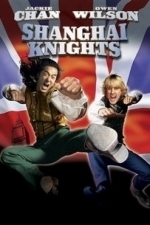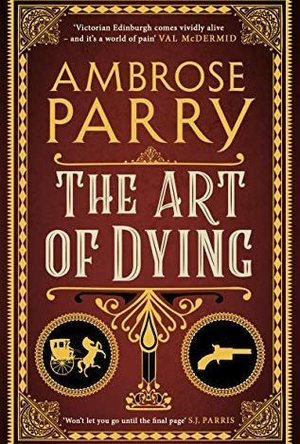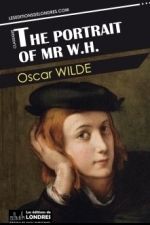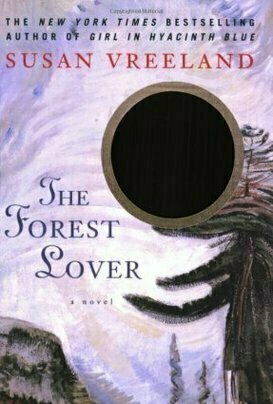
The Forest Lover
Book
In her acclaimed novels, Susan Vreeland has given us portraits of painting and life that are as...
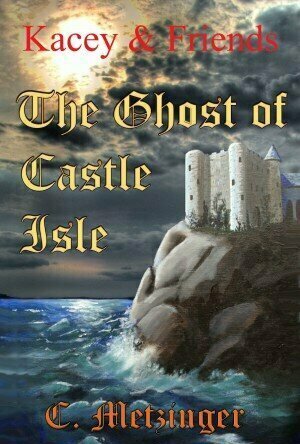
The Ghost of Castle Isle
Book
Kacey and her friends visit her Aunt Mary, who lives in a Victorian mansion not far from Salem,...
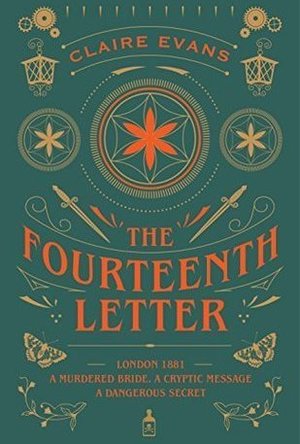
The Fourteenth Letter
Book
Phoebe Stanbury was killed in the summer of secrets... One balmy June evening in 1881, Phoebe...
Historical fiction mystery thriller Victorian
David McK (3676 KP) rated Shanghai Knights (2003) in Movies
May 27, 2023
I know I've seen that earlier movie, but don't remember all that much about it, other than it was Wild West set and starred the same two lead actors in Jackie Chan and Owen Wilson.
This time around, the two end up in Victorian London in search of a McGuffin after Chon Wang's (Chan's) father - who is the keeper of the Imperial Seal - is murdered, with Wang then reuniting with his estranged sister.
As expected, they then encounter a whole host of historical characters, and get involved in all sorts of escapades, with it never really being in any doubt how it will end ...
So, yeah, family friendly fare that relies heavily on Owen's laid-back approach contrasting with Chan's high-energy slapstick martial arts.
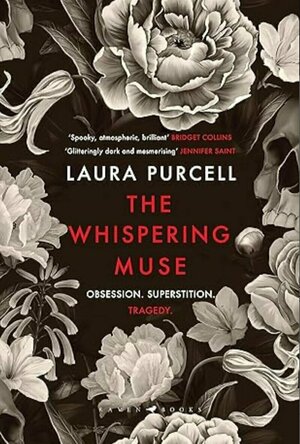
The Whispering Muse
Book
Be careful what you wish for... it may just come true. At The Mercury Theatre in London's West...
Ross (3284 KP) rated The Art of Dying in Books
Aug 15, 2019
Ambrose Parry returns with a second book set in Victorian Edinburgh during its medical and scientific revolution. Where the first book centred around Sir James Young Simpson (and others!) search for the perfect anaesthetic, this book focuses more on the man and his reputation. Edinburgh is still a thriving centre of medical science, and reputation is everything. The book starts with Simpson's reputation being besmirched by rivals and former colleagues, looking to suggest negligence. Will Raven and Sarah Fisher team up again to gradually peel away at the facts underlying the case in question and reveal some disturbing trends.
While the plot itself, and its numerous twists and turns, is not exactly ground-breaking, it is excellently told, with clues scattered here, there and everywhere. And to weave this tale around actual historic events and cases really appeals to my mind.
This book, and its predecessor, is one of the most immersive books I have read in a long time. The reader really gets to feel as if they are in Victorian era Edinburgh. Admittedly, I read a fair part of this book while commuting to work in Edinburgh (indeed my children were all born in the Sir James Young Simpson maternity unit of the Edinburgh Royal Infirmary), but I feel the reader with less connection to the city would still get that same feeling.
There is again an underlying message of the treatment of women during those times (and indeed today), both how they are treated in the household and society and also their opportunities for a career and to explore their skills. Sarah Fisher is a strong female character who tolerates her place in society but yearns to break through the glass ceiling, proving her worth to all and sundry as she goes.
In contrast, Will Raven is somewhat spineless in this regard. He sees the issues with society but doesn't do much to act on it. Indeed, he starts the book having run away from Edinburgh and his chances of a relationship with a mere housekeeper, for fear of his heart dooming his medical career. Raven does get some amount of development, both in terms of his medical career, and also in terms of becoming the Victorian equivalent of "woke".
Parry's prose is fantastic and she (they?) truly allow the reader to feel the story unfold around them.
An utterly wonderful book with some interesting history lessons and important messages about the past that should help us build a fairer society today.
Eilidh G Clark (177 KP) rated The Portrait of Mr W.H. in Books
May 14, 2017
Wilde presents a subjective interpretation of Shakespeare’s sonnets that portrays homoerotic sexual desire as the force for creative inspiration. Foremost, through the character Cyril Graham, the author demonstrates that art is ‘an attempt to realise one’s own personality on some imaginative plane out of reach of the trammelling accidents and limitations of real life’, (Wilde, p.111).
Taking from a hypothesis in the previous century by Edmund Malone and Thomas Tyrwhitt, the character of Cyril forms a theory in which Mr W.H. is a young actor named Willie Hughes, employed by Shakespeare and who is the muse to which the sonnets are devoted. Cyril investigates each poem and pieces together a theory he believes to be true.
On the surface, Cyril’s theory derives from feeling and beauty rather than logic and instruction.
The withholding of facts in Shakespeare’s sonnets energises Cyril. He scours the poems to find a clue that harmonise with his own feelings. Cyril believes that Shakespeare influences his readers by guiding them to Willie Hughes.
Cyril, spurned by the moralistic interpretations of previous critics, becomes enthralled by Shakespeare’s muse.
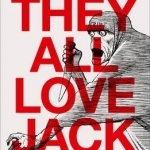
They All Love Jack: Busting the Ripper
Book
LONGLISTED FOR THE SAMUEL JOHNSON PRIZE FOR NON-FICTION A book like no other - the tale of a...
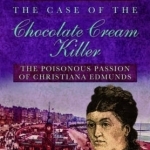
The Case of the Chocolate Cream Killer: The Poisonous Passion of Christiana Edmunds
Book
"The trial which terminated yesterday...revealed one of the strangest and most horrible stories...
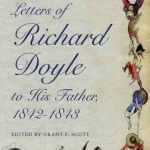
The Illustrated Letters of Richard Doyle to His Father, 1842-1843
Richard Doyle and Grant F. Scott
Book
"Scott's collection of illustrated letters from the hand of Richard Doyle, the fascinating but...
